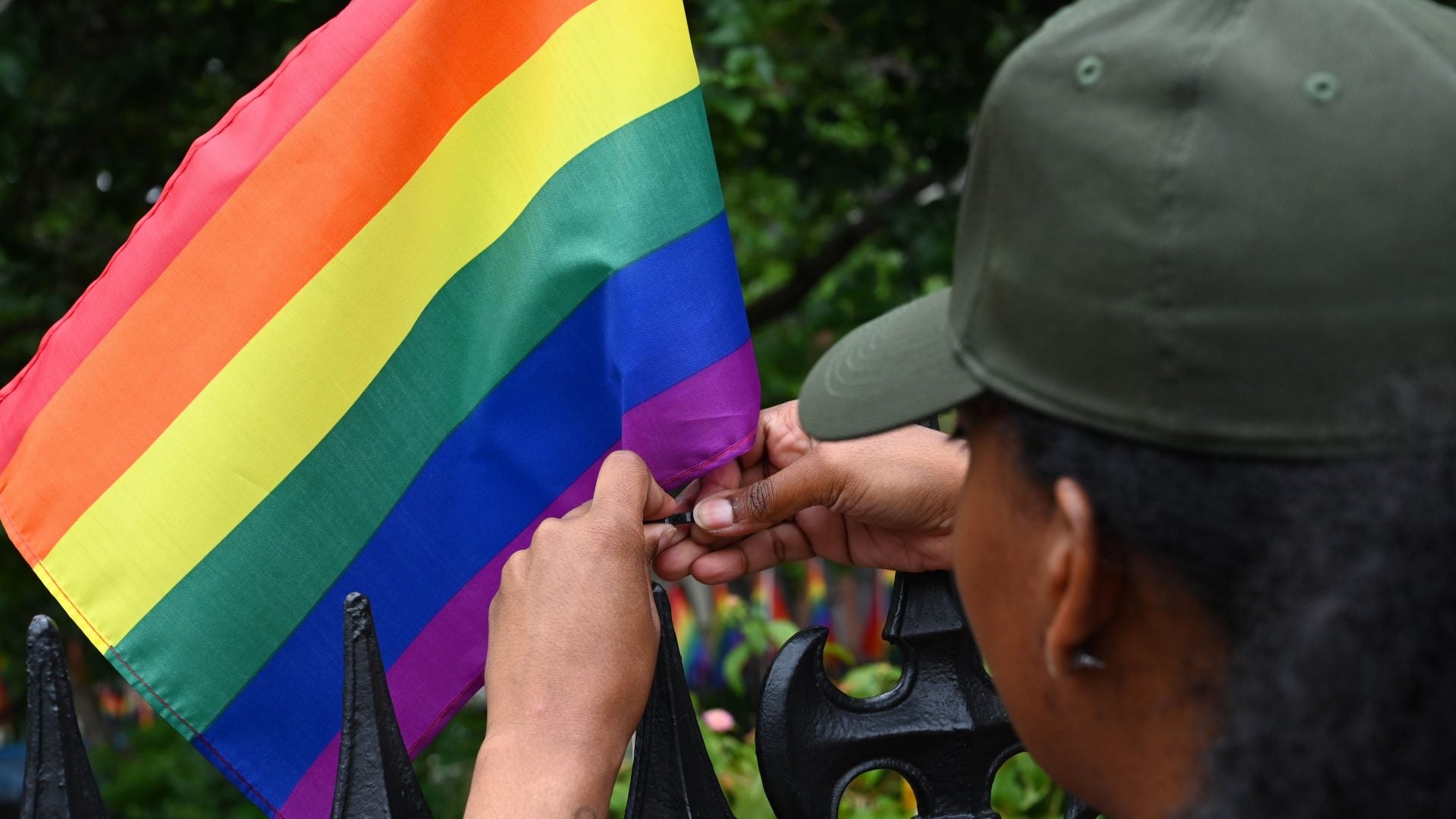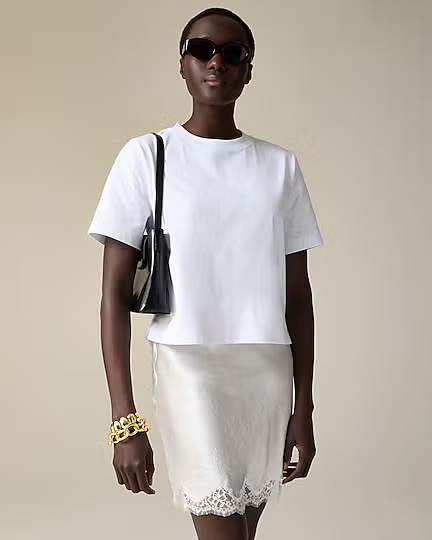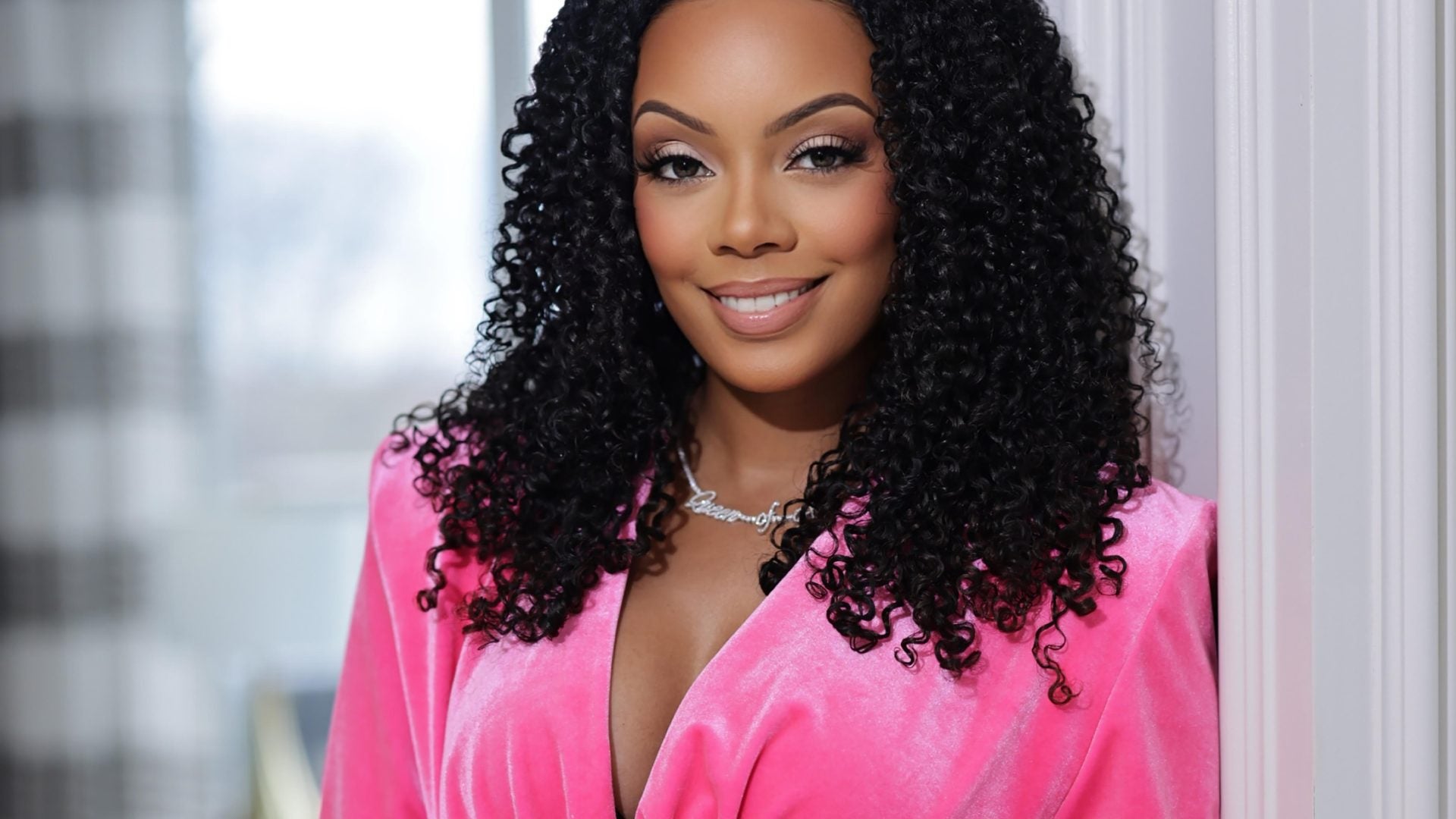
Fifty years ago, two Black transgender women (one of them Afro-Latina) kicked off the Stonewall Uprising and began what many call the modern LGBTQ+ rights movement.
After years of being treated as less than by mainstream society and even LGBTQ+ siblings, Marsha P. Johnson and Sylvia Rivera decided enough was enough. No more would they allow their own government to come into one of our few places of sanctuary, our clubs, and treat them like animals. They fought back and other members of the LGBTQ+ community of all ethnicities joined in.
This weekend two of the oldest LGBTQ organizations in the country, the International Imperial Courts of the US, Canada and Mexico, and the National LGBTQ Task Force unveiled the National LGBTQ Wall of Honor at the Stonewall Inn where fifty years ago the queer and transgender community pushed back against police violence. The wall honors 50 icons and trailblazers who are responsible for much of the progress our community has made. They raised us in the light of resistance. They taught us to have the audacity to love ourselves and each other out loud. They trained us in the tools of survival and modeled the art of reclaiming joy.
Many of the people honored lived double lives – torn between their race, gender, and sexuality. There weren’t many spaces where they could be their full, authentic selves. Bayard Rustin organized the 1963 March on Washington which made the 1964 Civil Rights Act possible, yet was not fully protected the law because of who he loved. Not finding a space in the burgeoning LGBTQ Rights Movement, Mandy Carter created her own organizations where she could be whole – Southerners On New Ground and the National Black Justice Coalition.
The two of them paint a picture of the decisions Black queer and trans people have had to make for far too long – to sacrifice being out for the sake of the race or to navigate their own spaces for people of color in the LGBTQ movement. Choosing the former meant not speaking too loudly about who you were dating or the inner truth of your gender while choosing the latter meant being seen as a race traitor. If you cared about Black people, your master status was supposed to be Black instead of living in the fullness of what it means to be Black and other.
This happens to us even now as we have switched from electoral and other progressive movements – there is always this shushed questioning regarding whether we have stopped caring for Black folx because we are fighting for Black LGBTQ folx. There’s also sadness when we rush to the front lines for our straight, Black brothers who are murdered by the police but don’t our Black, transgender sisters don’t receive the same in return.
It is why we launched a campaign called #AllofMeAlltheTime. Being all of who we are means that we are as queer as we are Black as we are women.







Our trailblazers opened the doors for us and we owe it to them to disrupt the status quo and ensure our presence in traditional Black spaces and queer and transgender spaces. The delay of this disruption has led to too many deaths of Black transgender women, too many suicides of our Black queer and transgender children, and too many broken queer and transgender adults who were never shown their possibilities because people feared what made them different.
On Sunday, we will march with pride and we will remember that Pride began with Protest and the audacity to believe that we are worth fighting for.
Kierra Johnson, Deputy Executive Director, National LGBTQ Task Force
Victoria Kirby Elliott York, Deputy Department Director of Advocacy & Action, National LGBTQ Task Force





